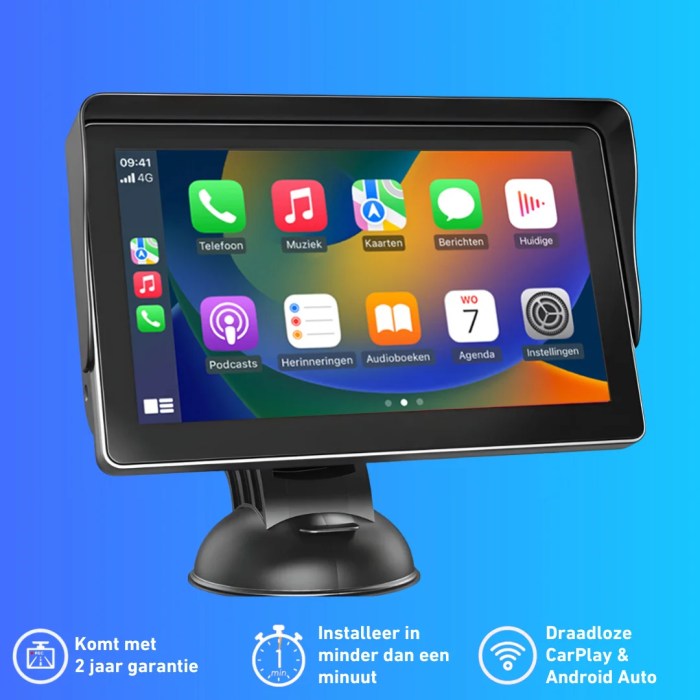It’s no surprise that employers are turning to Employee Productivity Monitoring (EPM) software to track their workers. According to reports, 80% of employers are tracking their employees online. While the use of such tools may seem like a logical step in managing productivity and ensuring accountability, it also raises important ethical questions about privacy, trust, and the balance between employer oversight and employee autonomy.
Understanding EPM and its Purpose
Employee Productivity Monitoring involves the systematic tracking and analysis of employee activities throughout the workday. This can include monitoring both online and offline activities, such as internet usage, email correspondence, and project management applications. The primary goal of EPM is to identify inefficient behaviors, maximize productivity, and ensure that employees are staying focused on their tasks.
The Controversy Surrounding Workplace Surveillance
While EPM may seem like a practical solution for addressing productivity concerns, it can also create controversy within the workplace. Many employees are uncomfortable with the idea of being monitored, feeling that it infringes upon their privacy and autonomy. Moreover, the rise of remote working and flexible schedules has made it easier for employers to implement surveillance measures, leading to what some describe as “productivity paranoia” among managers.
Balancing Ethical Considerations
Ethical employers recognize the need to strike a balance between monitoring productivity and respecting employee privacy and autonomy. While it’s important for employers to have visibility into their team’s activities, it’s equally essential to address employees’ concerns and ensure that monitoring practices are fair, transparent, and respectful.
Identifying and Addressing Ineffective Behavior
One of the primary justifications for EPM is its ability to identify and address ineffective behavior in the workplace. By monitoring employee activities, employers can spot issues such as time theft, disengagement, over-employment, and burnout. However, it’s crucial for employers to use this information responsibly and ethically, focusing on supporting employees rather than punitive measures.
Creating a Culture of Trust and Transparency
Building trust and transparency is essential for ethical employee monitoring practices. Employers should communicate openly with employees about the purpose and scope of monitoring activities, addressing any concerns or misconceptions they may have. Providing employees with opportunities for feedback and input can help foster a sense of trust and collaboration in the workplace.
Conclusion
The use of Employee Productivity Monitoring software like Controlio in the workplace raises important ethical considerations that employers must address. While it can be a valuable tool for improving productivity and accountability, it also has the potential to infringe upon employee privacy and autonomy. Ethical employers recognize the need to balance monitoring practices with respect for employee rights and dignity, creating a culture of trust, transparency, and collaboration in the workplace. By doing so, employers can maximize the benefits of EPM while minimizing its ethical implications.











